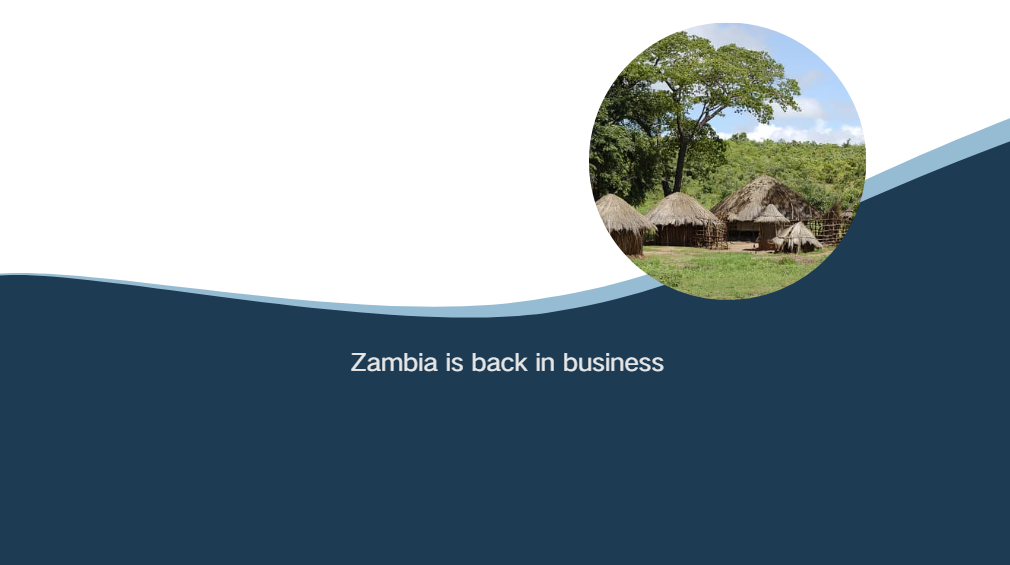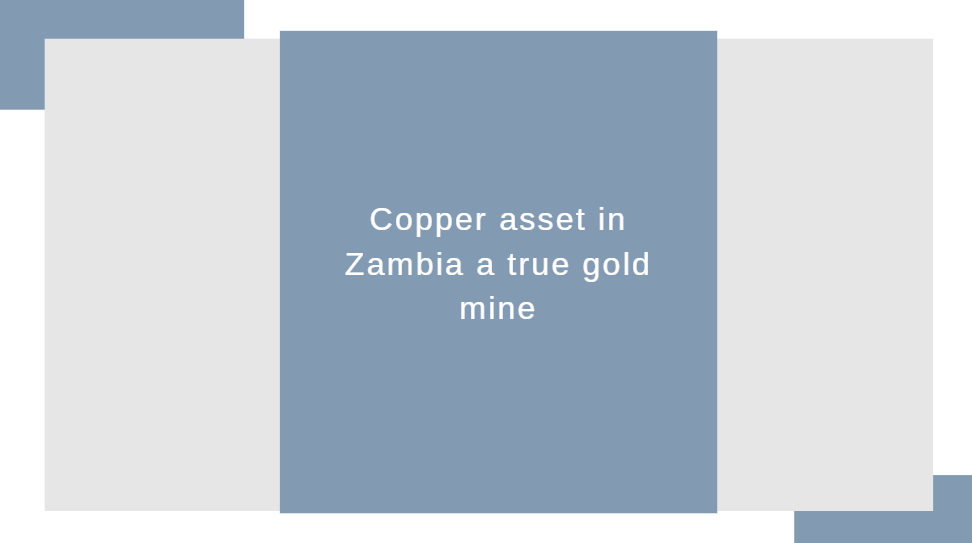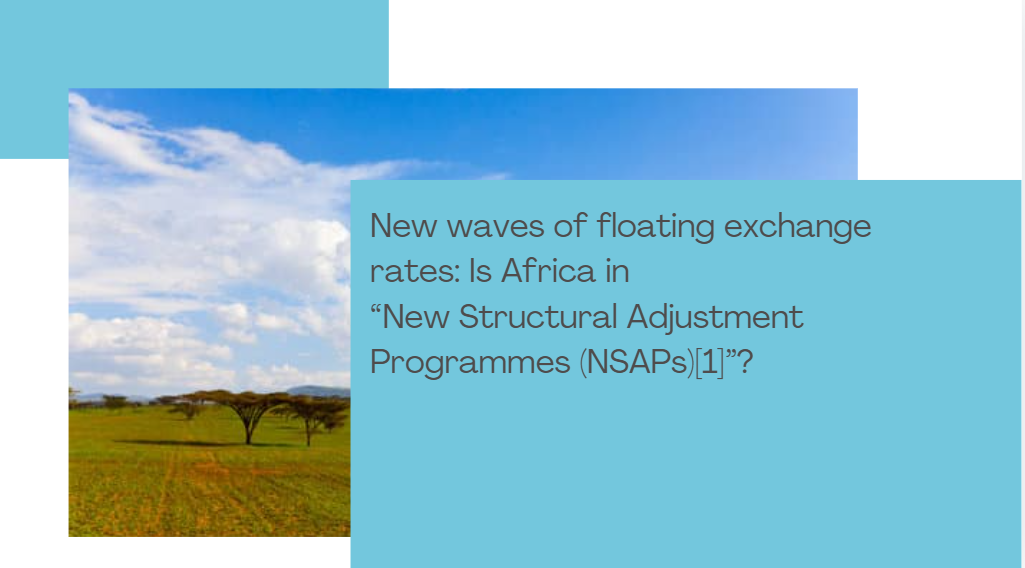How Zambia Can Benefit More from FOCAC China to End Zambia's Load Shedding?
The Forum on China-Africa Cooperation (FOCAC) is a a three year gathering that alternates between China and Africa. As a comprehensive framework, FOCAC provides the guiding structure for Chinese-African relations, facilitating collaboration and cooperation across multiple dimensions.
From 4th to 6th September 2024, this year's FOCAC will be held in Beijing, China. In October 2000, China hosted the inaugural Forum on China-Africa Cooperation (FOCAC) in Beijing, marking the beginning of its bold new strategy to engage with Africa on multiple fronts. To gain a foothold on the continent, where entrenched Western interests held sway, China had to offer an attractive package of economic, trade, political, investment, and security incentives.
The 2024 FOCAC is of particular interest to Zambia because the country is facing an unprecedented power shortage and drought-induced famine. China has undertaken to help Zambia overcome its power deficit during the summit by organizing the Zambia Power Development Forum on the sidelines of the FOCAC summit. The new Chinese Ambassador to Zambia, Han Jing, announced the summit in Lusaka.
“A forum dedicated to addressing power shortages in Zambia and achieving steady power supply will soon be convened in Beijing, during the upcoming Summit of the Forum on China-Africa Cooperation (FOCAC). Please be assured that China is always ready to take concrete actions whenever Zambia needs help,” Ambassador Han Jing told Zambia News and Information Services (ZANIS).
In the past, Zambia has benefited from FOCAC through massive and tangible China-aided projects such as the construction of Levy Mwanawasa University Teaching Hospital, Mulungushi International Conference Centre, and milling plants in Lusaka, Monze, and Mpika, along with other projects constructed by Chinese companies, such as the Kafue Gorge Lower Hydropower Project and the Kenneth Kaunda International Airport Project.
The Forum on China-Africa Cooperation (FOCAC) has been a pivotal platform for fostering Sino-African relations since its inception in 2000. However, Zambia, like many other African countries, has often played a passive role in these engagements, largely following China’s lead rather than proactively shaping the agenda.
During and after the FOCAC 2024 summit, Zambia has a unique opportunity to recalibrate its approach and develop a comprehensive strategy that aligns its national development objectives with the broader China-Africa Vision 2035, unlocking sustainable benefits for generations to come. Zambia can transform its FOCAC engagement, moving from a passive recipient to an active participant driving its own development agenda.
Understanding China’s Strategic Planning
After the FOCAC Dakar, Senegal summit in 2021, China released the China-Africa Cooperation Vision 2035, outlining clear objectives for its engagement with Africa over the next 15 years. In contrast, many African countries, including Zambia, have lacked corresponding strategies that articulate their interests and align with their national development plans.
China’s engagement with Africa is underscored by meticulous planning and long-term vision. Over the years, China has consistently released white papers detailing its strategy for Africa, such as the 2006, 2015, and 2021 documents. These strategies are not mere diplomatic gestures but are aligned with China’s own national ambitions, including its Vision 2035, which aims to solidify its status as a global power.
Zambia’s past benefits have often been reactive rather than the result of a proactive, strategic approach. The absence of a coherent strategy has meant that Zambia has not fully leveraged FOCAC to advance its own national interests. This has to change going forward if Zambia is to maximize benefits from this unique forum.
Opportunity for a Strategic Shift in FOCAC Engagement
In 2022, President Hakainde Hichilema made a state visit to China, and the Zambia-China relationship was upgraded to a Comprehensive Strategic Partnership. This upgrade provides Zambia with the greatest opportunity to fully benefit from FOCAC. Zambia must adopt a new approach that prioritizes strategic planning and proactive engagement. The country needs to take several steps to actualize this new approach.
First, Zambia should develop a comprehensive China engagement strategy document that outlines its objectives for engaging with China through FOCAC. This strategy should be aligned with national development plans, such as Vision 2030 and the Eighth National Development Plan, as well as Zambia’s national development goals, particularly those related to industrialization, job creation, and infrastructure development. The document should also identify key sectors where Chinese investment and expertise can be leveraged for mutual benefit. This document will serve as a guiding framework for negotiations and ensure Zambia’s interests and concerns are addressed.
Secondly, Zambia must establish a High-Level FOCAC Task Force. This dedicated task force should be comprised of government officials, private sector representatives, and civil society members, who should oversee Zambia’s engagement with FOCAC. This task force would be responsible for ensuring that Zambia’s interests are well-represented in FOCAC negotiations and that the country actively participates in setting the agenda for future summits. There is a need to prioritize inclusive decision-making by engaging non-governmental voices and diverse perspectives to ensure FOCAC agreements serve national interests.
Thirdly, there is a need to strengthen policy coordination to achieve effective engagement with FOCAC. This requires coordination across various government ministries and agencies. Zambia should establish an inter-ministerial committee to ensure that policies related to trade, investment, infrastructure, and technology are harmonized and aligned with the objectives of FOCAC. This committee should also work closely with the private sector to identify opportunities for collaboration with Chinese counterparts.
Fourthly, continuous engagement, dialogue, and monitoring are absolutely necessary. Zambia's engagement with China should not be limited to FOCAC summits. Zambia should establish mechanisms for continuous dialogue with Chinese counterparts, including regular meetings, bilateral commissions, and joint working groups. Additionally, Zambia should actively monitor the implementation of FOCAC agreements to ensure that they are delivering the intended benefits.
Fifthly, one of the key areas where Zambia can benefit from its relationship with China is in capacity building and technology transfer to drive innovation and sustainable development. Zambia should prioritize projects that involve the transfer of skills and technology, particularly in sectors like manufacturing, agriculture, and green energy. This will not only create jobs but also enhance Zambia's long-term economic resilience.
Conclusion
FOCAC 2024 presents a critical opportunity for Zambia to redefine its relationship with China, especially since the two countries upgraded their relationship last year to a Comprehensive Strategic Partnership. By adopting a more strategic and proactive approach, Zambia can ensure that its engagement with FOCAC is driven by its own national interests and contributes to the achievement of its long-term development goals. As China continues to play a significant role in Africa’s development, Zambia must step up and take control of its destiny, leveraging FOCAC as a platform for mutual benefit and sustainable growth.
The writer is a Chartered Accountant, Author and independent Financial and Economic Analyst and Commentator. He is the Founder of a research based virtual Knowledge and Strategy firm, Prosper Knowledge Solutions Limited.























































First, please LoginComment After ~